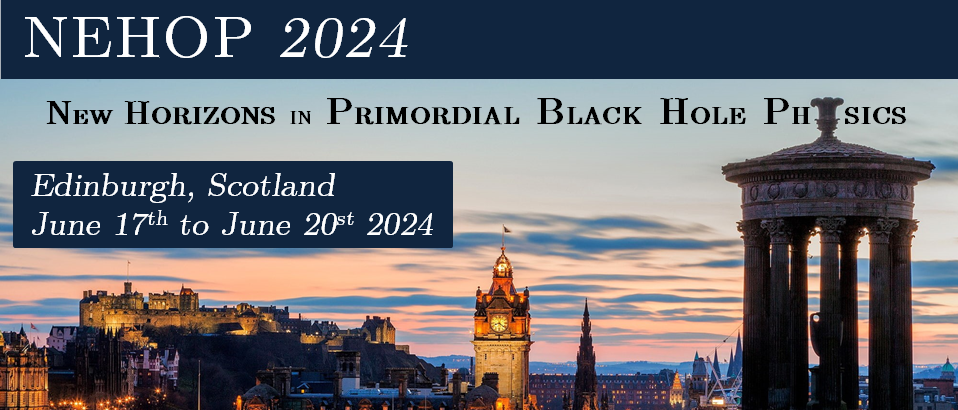Speaker
Description
GWs induced by primordial fluctuations can be affected by the modification of the sound speed $c^2_s$ and the equation of state parameter $w$ once the curvature fluctuations reenter the cosmological horizon. That softening can also significantly boost the production of PBHs at the mass scale where the softening arises. In this work, we consider a hypothetical softening of $w$ and $c^2_s$ caused by a smooth crossover beyond Standard Model theories, for what we numerically compute the secondary induced GWs considering the case of a flat scale-invariant power spectrum. We find that if the amplitude of the power spectrum is sufficiently large, the characteristic feature of the GW signal caused by the smooth crossover can be detected by future space-based gravitational wave interferometers and differentiated from the pure radiation case. At the same time, depending on the mass scale where the crossover occurs, such a scenario can have compatibility with PBHs being all the dark matter when $\mathcal{A} \sim \mathcal{O}(10^{-3})$, with a mass function very sharply peaked around the horizon mass scale of the minimum of the sound speed. Our results show that the GW signal can be used to resolve the existing degeneracy of sharply peaked mass function caused by peaked power spectrums and broad ones in the presence of softenings of $w$ and $c^2_s$.

